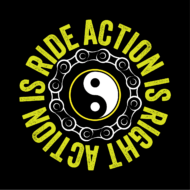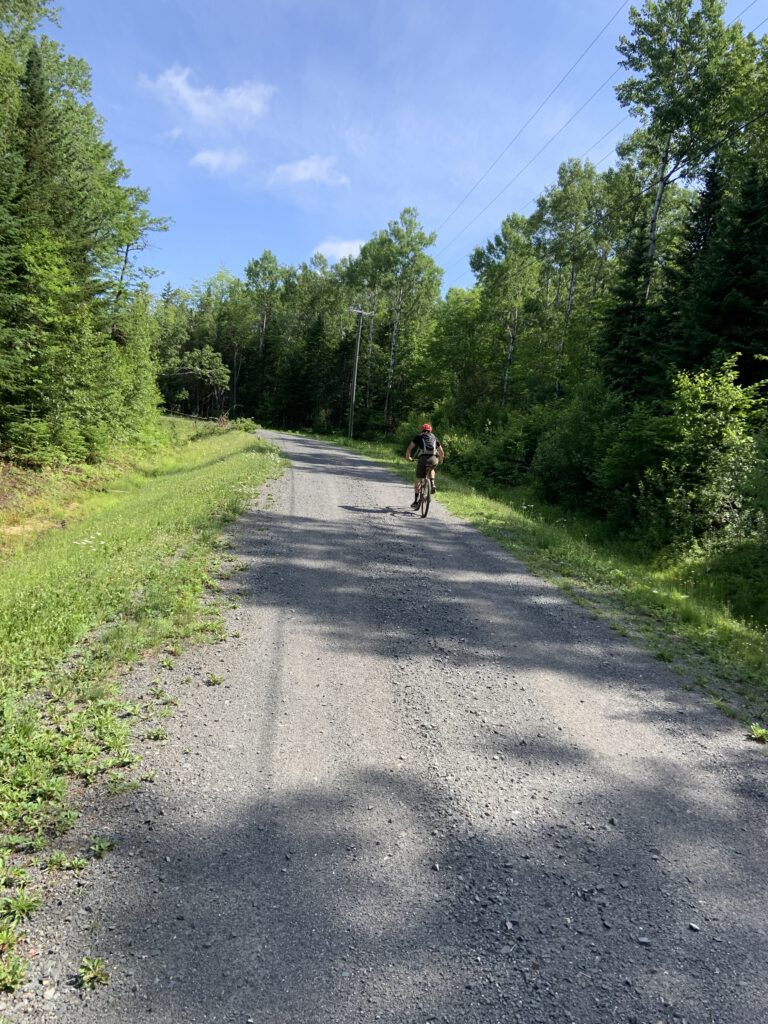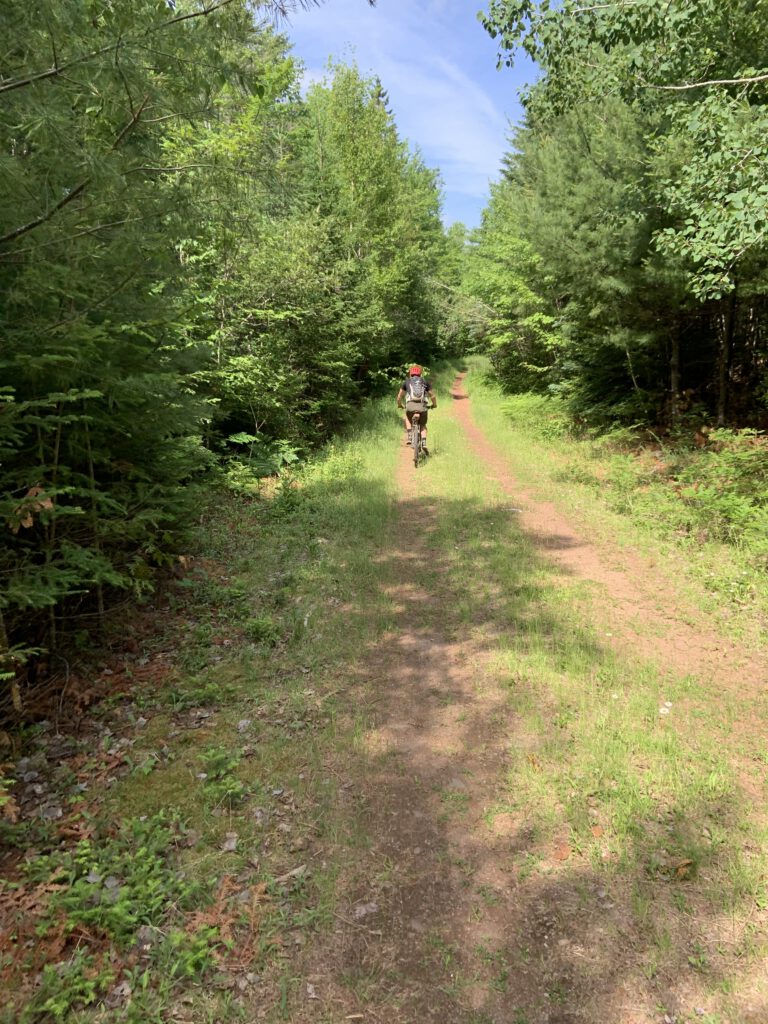Just a few days ago I deleted my last remaining social media account – well almost, more on that later* – leaving this blog/website as pretty much the defacto ‘source of me’ on the internet. That got me thinking back to how long I’ve been ‘on the internet’ so I tried to put together a little timeline. It’s been an interesting exercise. It’s by no means 100% accurate. I’ve used a number of sources including this blog itself, The Internet Wayback Machine, emails and my scattered memory. I think it’s pretty close though. I dare say the folks at places like Facebook, Google and Twitter could probably give me some ridiculously accurate stats.
1994ish – Opened my first and only AOL account.
1996 – Registered lyh.com and built a website for a house of people I lived with. Registered and built personal website thebukitzone.com.
2000 – Apple launches MobileMe which would eventually become iCloud/Apple ID. I started an account then and still have it.
2005 – Opened my first Gmail account [Gmail launched 2004]. It was Invite only then. I think I got an invite from a buddy. This was my first Gmail address. Moved my personal website at thebukitzone.com from HTML to WordPress.
2006 – Twitter – Launched this year, I opened an account, was the first ‘social media’ account I ever had.
2007 – Opened first Flickr account [Flickr launched 2004]. FriendFeed launched. I had an account, never really used it. In 2009 it was bought by Facebook.
2007 – Opened first Facebook account. [Facebook launched 2004]
2008 – Opened a Plurk account. Closed the same year. Switched to another Gmail address, my second one.
2009 – Registered kentfackenthall.com which basically replaced thebukitzone.com
2009 – Opened a LinkedIn account. [LinkedIn launched 2003]
2011 – Opened GoodReads, Instagram [Instagram launched 2010] and Tumblr accounts. Google+ launches. I was on right away and stayed pretty much till they shuttered it in 2019. Closed Twitter account.
2012 – Closed my LinkedIn and Tumblr accounts. Opened a Strava account.
2013 – Registered and built website at bikecommutercabal.com. After a few years transferred ownership to another. Ran Facebook, Google+, Instagram and Twitter accounts for Bike Commuter Cabal.
2014 – Left WordPress as my blog platform for Blogger for a hot minute (maybe a month) quickly returned.
2015 – Opened Ello and Ride with GPS accounts. Closed Strava and first Flickr accounts.
2016 – For most of the year, shuttered my website and redirected my domain to my Google+ profile. Opened Medium and Behance accounts.
2017 – Opened second Flickr account. Opened a Mastodon account. Lasted a week.
2018 – Closed Facebook account. Kept Facebook Messenger. Closed Ello, GoodReads, Medium and Behance accounts.
2019 – Closed Facebook Messenger. Registered and built website at correctiveactionbicycleclub.com. Opened Facebook, Instagram and Twitter accounts for the Corrective Action Bicycle Club.
2020 – *Created a new Facebook account for work only. Not public, no friends, no posting. Strictly to manage client accounts/pages/advertising. Closed second Flickr account and personal Instagram account. Switched from Gmail as main email provider/app to my own domain mail and Apple Mail. Brought correctiveactionbicycleclub.com under umbrella of this domain, then eventually offline. Closed CABC Facebook, Instagram and Twitter accounts.
Random takeaways
- 24+ years on the internets
- 15+ different social media platforms
- 15 years hacking and whacking on WordPress
- ~600 blog posts (I’ve deleted some for various reasons)
- Facebook, Instagram and Twitter were platforms where I had multiple accounts at the same time, i.e. personal and a club
What a long, strange trip it’s been. I think I’m done with social media now. I say ‘think’ because the reality is that I still have the Facebook account for work and I could see a possible argument for having others if my job came to require it. I’m doing my best to avoid that however. I can see very well that I’m going in the opposite direction with this compared to most of humanity. I have to admit that I’m kind of looking forward to ‘going retro’ here and just getting back to writing blog posts again. I’ve been reading through old ones and they make me chuckle. In a lot of cases, past me was an idiot.


